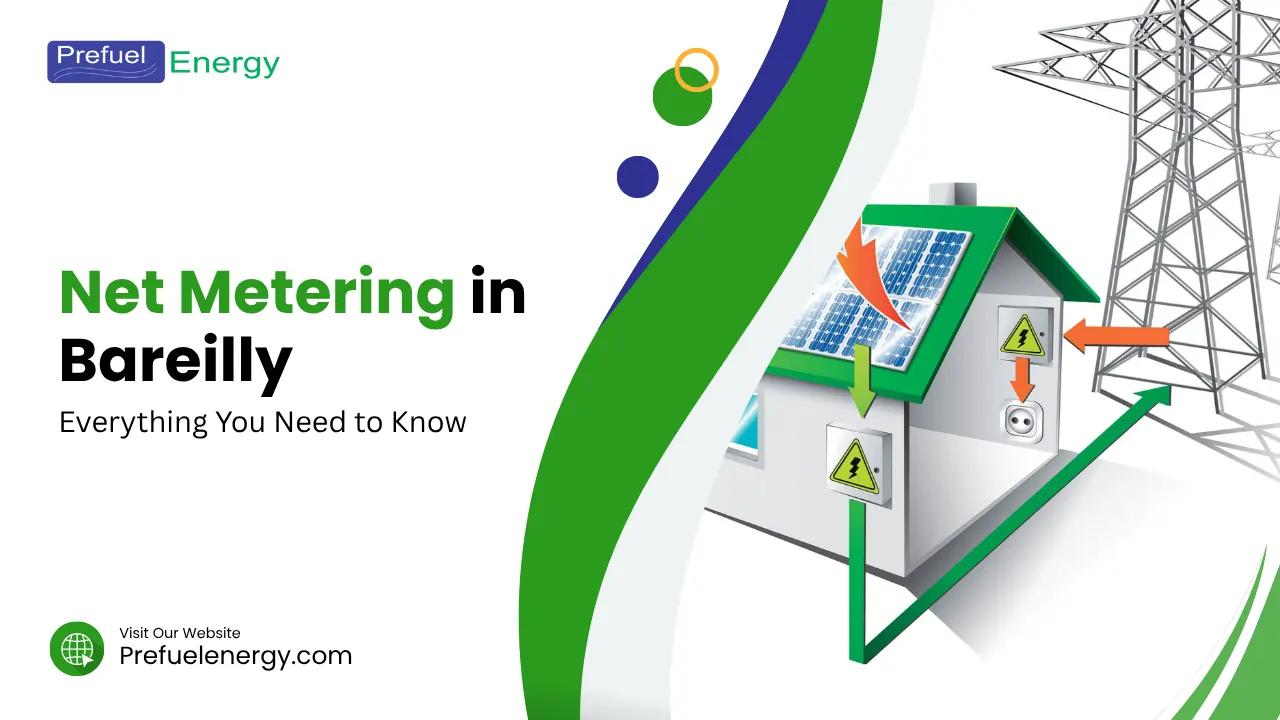Next-Gen Battery Solutions
Revolutionizing energy storage with advanced Sodium-Ion and Lithium battery technologies. Safer, more sustainable, and cost-effective power solutions for your future.
Sodium-Ion Tech
Next-gen chemistry
Eco-Friendly
Sustainable materials
High Performance
Superior efficiency
Battery Capacity Range
Sodium-Ion
50-500Ah
Residential & Commercial
Lithium-Ion
100-1000Ah
Industrial & Grid Scale
Solar Integration Ready
Optimized for solar energy storage systems with advanced BMS technology
Brands We Work With






Advanced Battery Technologies
Discover our comprehensive range of sodium-ion and lithium battery solutions, engineered for superior performance, safety, and sustainability.
Sodium-Ion Battery Systems
Revolutionary Na-ion Technology
Available Capacities
50Ah
100Ah
200Ah
300Ah
500Ah
- Key Features
- Non-flammable & Safer Chemistry
- Wide Temperature Range (-40°C to 60°C)
- 15,000+ Cycle Life
- Fast Charging Capability
- No Thermal Runaway Risk
Applications
Residential Solar Storage
Grid-Scale Energy Storage
Electric Vehicles
Marine Applications
Lithium Battery Solutions
Proven LiFePO4 Technology
Available Capacities
100Ah
200Ah
300Ah
500Ah
1000Ah
- Key Features
- High Energy Density
- Excellent Thermal Stability
- 10,000+ Cycle Life
- Smart BMS Integration
- Modular Design
Applications
Solar Energy Systems
UPS & Backup Power
Industrial Equipment
Off-Grid Solutions
Solar Battery Solutions
Maximize your solar investment with our specialized battery systems designed for optimal solar energy storage and management.
24/7 Power
Continuous energy supply
95% Efficiency
Maximum energy utilization
Solar Integration Features
- MPPT Charge Controllers
- Advanced BMS Protection
- Temperature Monitoring
- Modular Expandability
Revolutionary Battery Technology
Experience the future of energy storage with our cutting-edge sodium-ion and lithium battery technologies, designed for safety, sustainability, and superior performance.
Sodium-Ion Chemistry
Abundant sodium resources make our batteries cost-effective and sustainable
Enhanced Safety
Non-toxic, non-flammable materials with no thermal runaway risk
Environmental Friendly
No cobalt, nickel, or lithium - reducing environmental impact
Fast Charging
Rapid charge capabilities without compromising battery life
Long Cycle Life
15,000+ charge cycles for sodium-ion, 10,000+ for lithium
Wide Applications
Suitable for residential, commercial, and industrial use
Versatile Applications
From residential homes to industrial facilities, our battery solutions power a wide range of applications with unmatched reliability and performance.
Residential Solar Storage
Power your home with clean, reliable energy storage solutions
Key Features
- Home backup power
- Solar integration
- Grid tie capability
- Smart monitoring
Commercial & Industrial
Scalable energy storage for businesses and industrial facilities
Key Features
- Peak load management
- Demand charge reduction
- UPS applications
- Grid stabilization
Grid-Scale Storage
Large-scale energy storage for utility and grid applications
Key Features
- Frequency regulation
- Load balancing
- Renewable integration
- Grid resilience
Electric Vehicles
Advanced battery systems for next-generation EVs
Key Features
- Fast charging
- Long range
- Enhanced safety
- Temperature tolerance
Marine Applications
Reliable power solutions for marine and offshore environments
Key Features
- Saltwater resistance
- Vibration tolerance
- Extended cycle life
- Maintenance-free
Off-Grid Solutions
Independent power systems for remote locations
Key Features
- Autonomous operation
- Weather resistant
- Modular design
- Remote monitoring
Your Trusted Partner in Renewable Energy
At Prefuel Energy, we’re committed to providing sustainable energy solutions that power your future while protecting our planet. Our team of experts works closely with you to design custom solutions that meet your specific needs and budget.
-
100%
Client Satisfaction -
10+
Years Experience -
24/7
Support
Government Approved
Authorized vendor under PM Suryoday Yojana and UPNEDA
We Help You to Grow Your Business
Hear from businesses and homeowners who’ve experienced the Prefuel difference



Latest Insights
Stay updated with the latest trends and information in renewable energy
Best Solar Company in Bareilly for Home & Business
Bareilly me solar demand har saal badh rahi hai. Log high electricity bills se pareshaan ho chuke hain.Isliye har koi...
Best Solar Company in Bareilly: Prefuel Energy Solutions
Bareilly mein solar energy ki demand teez gati se badh rahi hai, aur iske saath-saath best solar company in Bareilly ki talash...
Net Metering in Bareilly: Everything You Need to Know
Aapne kabhi socha hai ki aapke rooftop solar panels sirf bijli banakar nahi, balki monthly bill me bachat bhi kar...
Get Started Today
Ready to install EV charging infrastructure? Contact our experts for a customized solution that meets your specific requirements and budget.
Get Your Free Energy Consultation
Fill the form below and our expert will get in touch with you




